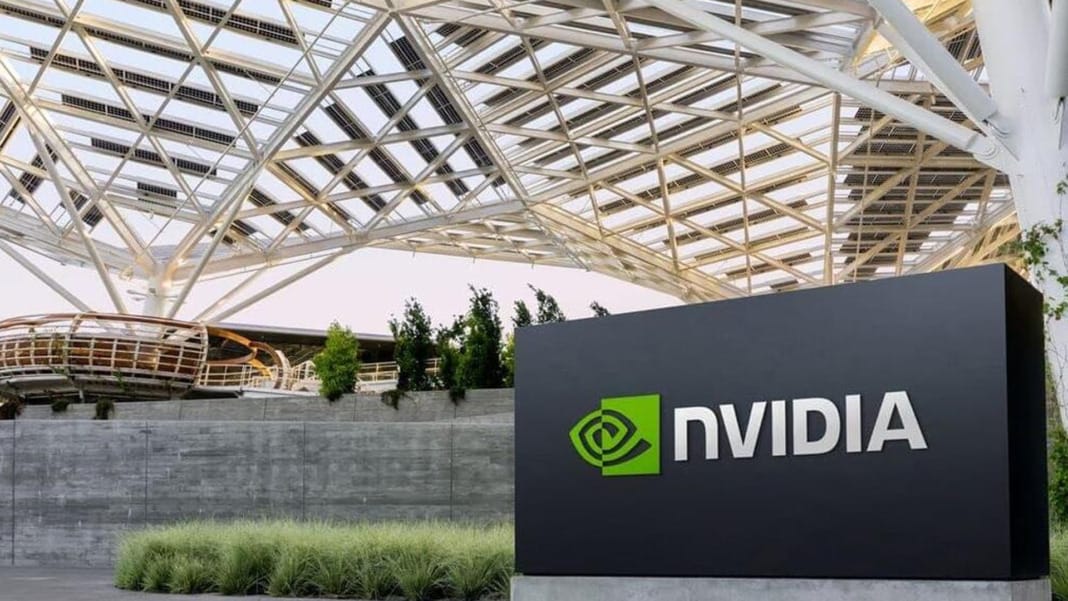NVIDIA is set to unveil a trio of new AI chips tailored for the Chinese market, manoeuvring around recent US export restrictions. This move aims to maintain the tech giant’s presence in China’s lucrative AI chip sector.
Adapting to regulatory changes
Last year, the US imposed stringent export controls on computer chips in supercomputers and AI applications. This legislation targeted Russia and China, focusing on components with potential military applications. This change hampered NVIDIA’s ability to sell certain high-end chips, like the A100 and H100, in China. In response, NVIDIA developed the A800 and H800 chips specifically for China. However, these, too, fell under the new restrictions, which cap the computing power of exported chips.
Introducing new chip models
NVIDIA’s latest response is the introduction of the HGX H20, L20, and L2 chips. These models comply with the updated US regulations, offering sufficient power for AI applications while staying within the set computing power limits. The H20 stands out as the most potent among them. Nevertheless, given their relatively lower computing capabilities, users might need more of these chips than higher-spec models.
Impact on Chinese tech giants
Major Chinese companies, including Baidu, Huawei, Xiaomi, and Oppo, foresee potential international sourcing challenges. They’ve begun developing their semiconductor technology as a contingency. Despite this shift, NVIDIA’s longstanding reputation and robust AI development software could retain its appeal among existing Chinese clients.
NVIDIA reportedly plans to announce these chips by November 16, with sales expected to commence before year’s end. This strategy showcases NVIDIA’s agility in navigating geopolitical constraints while catering to a critical market segment.





